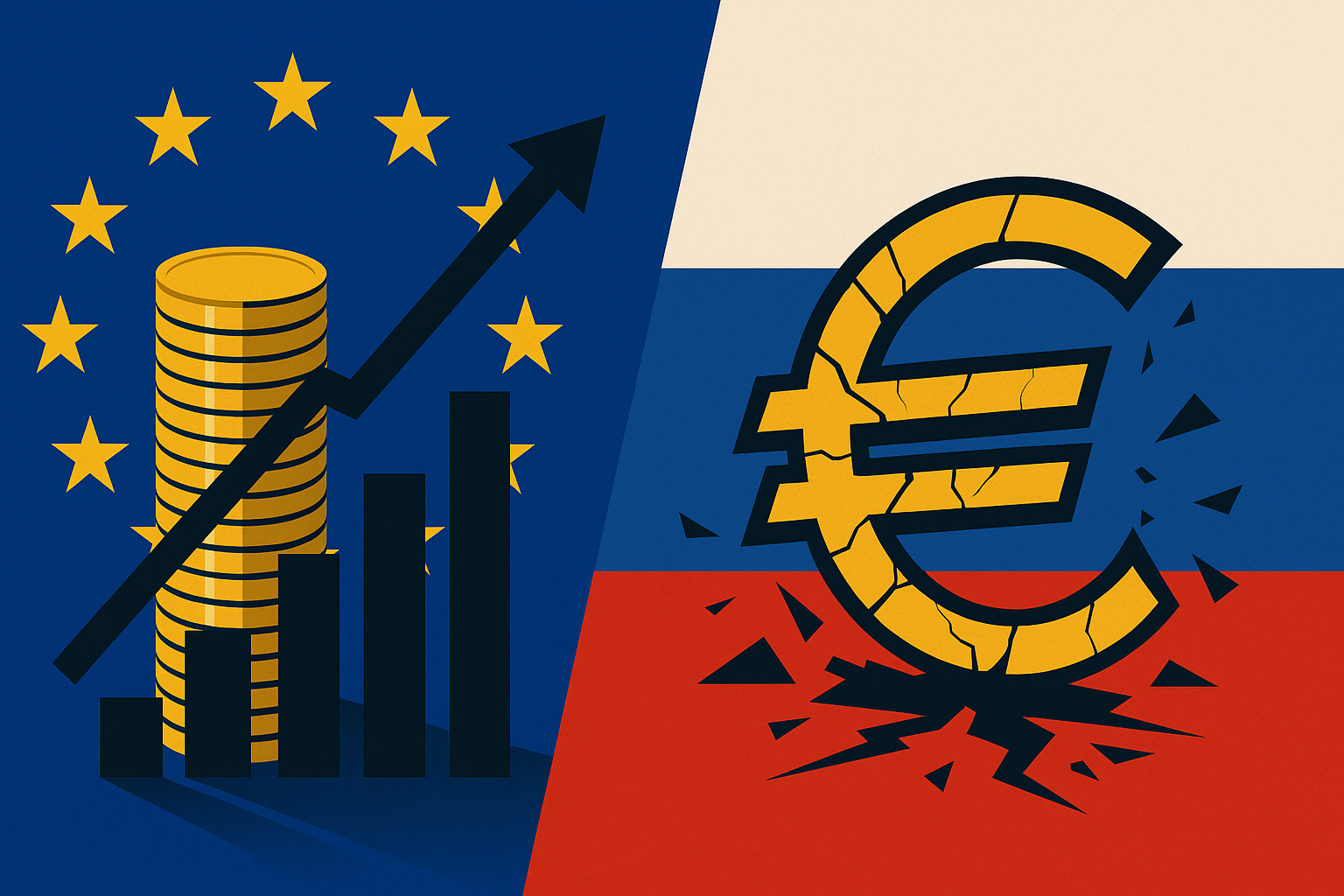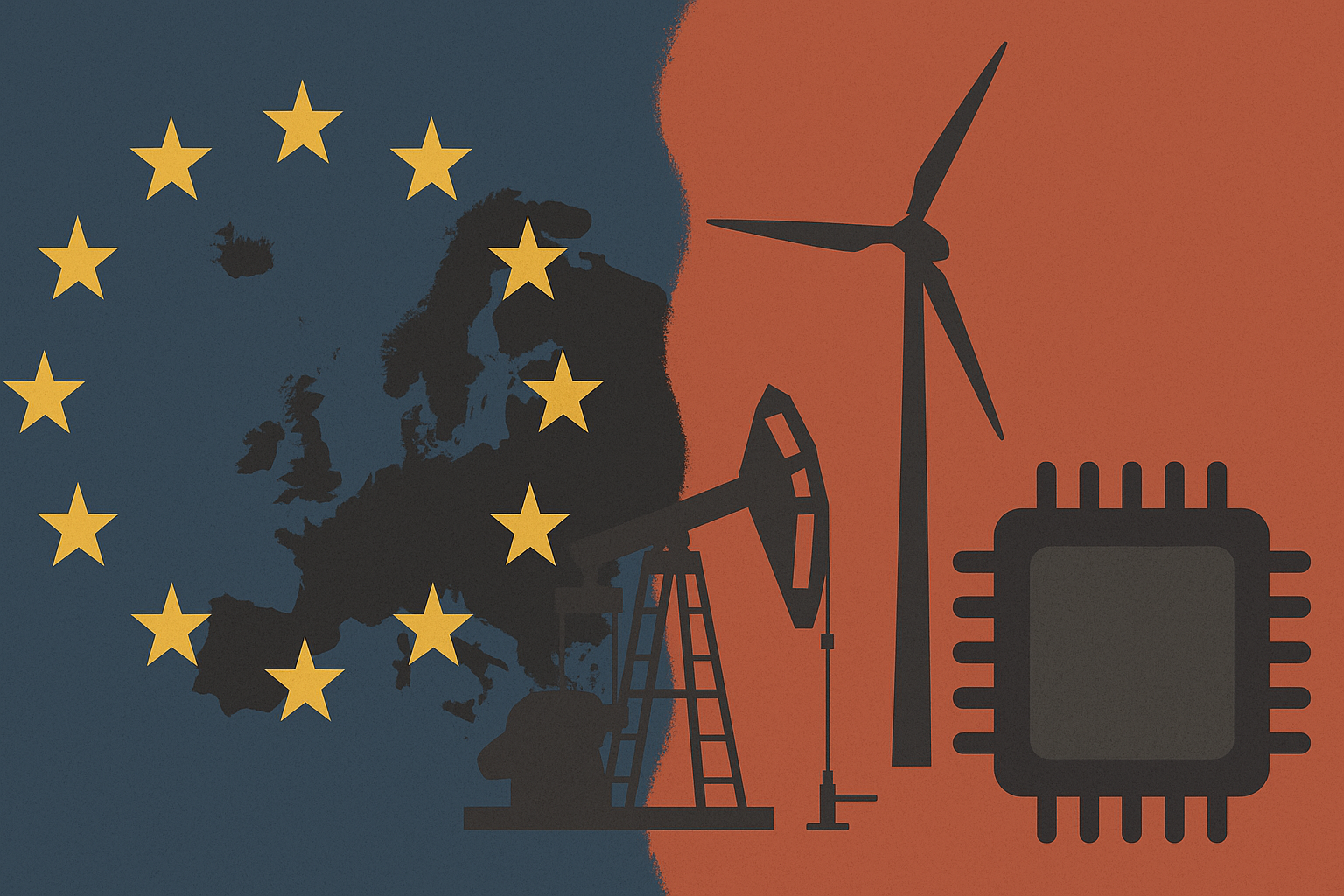Western Europe is experiencing one of its most intense heatwaves in recorded history, with temperatures exceeding 45°C across several countries. The extreme heat, which began in late May, has led to widespread health emergencies, wildfires, and infrastructure strain. Officials have reported at least 2,300 heat-related deaths across 12 major cities, a number expected to rise as rural data becomes available.
Unprecedented Temperatures and Human Toll
Portugal has emerged as one of the hardest-hit nations, registering a national temperature record of 46.6°C in Mora in late June. Health authorities across Portugal, Spain, France, and Italy have reported spikes in hospital admissions for heatstroke, dehydration, and cardiovascular stress, primarily affecting the elderly, outdoor workers, and residents of low-income communities with limited access to cooling systems.
In response, cities such as Madrid and Paris have activated emergency protocols. Madrid converted public spaces into temporary cooling shelters, while Paris reactivated its “Plan Canicule”, a heat emergency response that includes welfare checks on vulnerable populations.
Climate Change Cited as Major Contributor
Climate scientists across Europe have directly linked the severity of the heatwave to human-induced climate change. A study by the European Climate Observatory stated that such extreme weather would have been “virtually impossible” without the ongoing effects of global warming.
“This level of heat intensity and duration at this time of year is unprecedented,” said Dr. Isabelle Ferron, a climate risk expert based in Brussels. “These aren’t isolated incidents—they reflect a rapidly changing climate.”
Environmental and Infrastructure Impact
The heatwave has sparked wildfires in southern France and central Germany, destroyed large areas of farmland, and pushed water reservoirs to record lows, leading to enforced rationing in multiple towns.
In Italy, extreme heat has disrupted rail services as metal tracks overheated, while power grids in parts of Portugal and southern Spain have suffered outages due to surging air conditioner usage.
Local governments are now appealing to national authorities and EU institutions for emergency funding to bolster firefighting efforts, compensate agricultural losses, and modernize infrastructure not designed to withstand such extreme temperatures.
Forecast and Policy Implications
The European Centre for Medium-Range Weather Forecasts projects that temperatures will remain above seasonal averages until early August, with only slight relief expected in the coming week. Governments continue to advise residents to stay indoors during peak heat, drink plenty of water, and assist neighbors at risk.
As Europe contends with escalating climate events, experts are calling for urgent investment in urban cooling systems, sustainable infrastructure, and accelerated climate adaptation strategies.
“This heatwave may not be an outlier—it could represent the new normal,” warned Dr. Ferron. “Europe must act not only to curb future emissions but also to adapt quickly to a warming present.”








